In the bustling food scene of Changsha, Tianbao Brothers has emerged as one of the most sought-after dining destinations. Known for its fiery Hunan flavors and signature dishes like spicy crayfish, the restaurant draws crowds daily. However, securing a table is no easy feat—long queues and a digital ticketing system that often fails under high demand leave many frustrated. For those unwilling to wait indefinitely, mastering the art of on-the-spot queue management becomes essential.
The restaurant operates on a digital queuing system where patrons scan a QR code to reserve a spot. But during peak hours, the system frequently crashes or becomes unresponsive, rendering virtual tickets useless. This has led to an unofficial “shadow system” where diners rely on adaptability and quick thinking. Regulars suggest arriving early, not just to beat the crowd but to monitor the physical queue, as staff occasionally accommodate walk-ins when no-shows occur.
Unlike rigid reservation models, Tianbao Brothers’ policy has a degree of flexibility. Those who miss their digital queue number due to delays or system errors aren’t entirely out of luck. Servers often prioritize groups that are physically present, quietly filling gaps as tables turn over. This creates an opportunity for strategic waiting—hovering near the entrance without being intrusive, politely checking in with staff, and staying alert for last-minute openings.
Timing plays a crucial role. Weekday lunches see slightly shorter waits, while weekend dinners are borderline chaotic. Observant diners note that turnover spikes around 8:30 PM, as early waves finish their meals. Another insider tip: smaller groups (2–3 people) stand a better chance than larger parties, as compact tables free up more frequently. The key is persistence without pestering—staff appreciate patience and are more likely to assist those who aren’t demanding.
Beyond sheer luck, successful walk-ins often leverage subtle social cues. Regulars greet hosts by name, while newcomers might strike up conversations with waiting diners to gauge their status. In one instance, a couple was offered a canceled reservation after casually mentioning their anniversary. Such moments highlight the human element behind the chaos—a reminder that even in a digitized process, personal connections can tip the scales.
The restaurant’s popularity shows no signs of waning, and neither does the ingenuity of its patrons. While the digital queue promises order, the reality is a fluid dance between system failures and opportunistic persistence. For those determined to taste Tianbao Brothers’ famed dishes without a multi-hour wait, adaptability—and a little charm—go further than any app notification.
`, ``, and `` as requested.

By /Aug 22, 2025

By /Aug 22, 2025

By /Aug 22, 2025
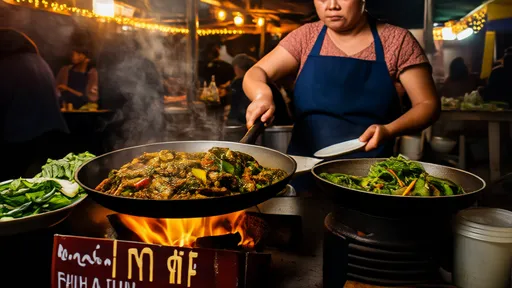
By /Aug 13, 2025
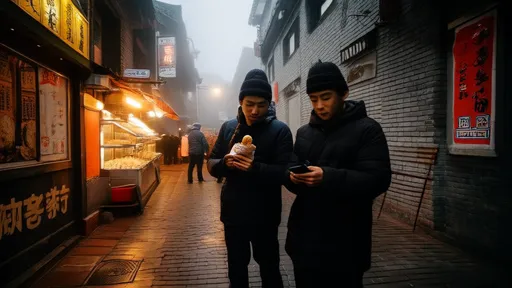
By /Aug 13, 2025
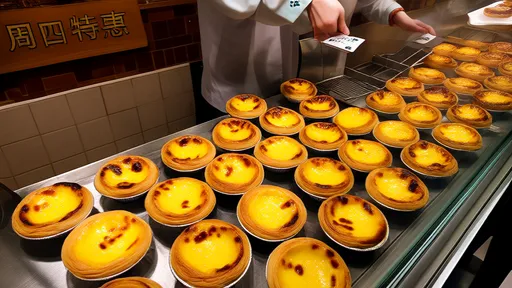
By /Aug 13, 2025
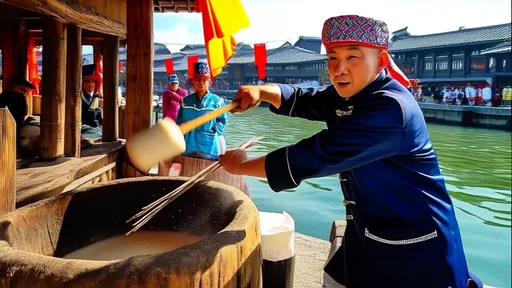
By /Aug 13, 2025
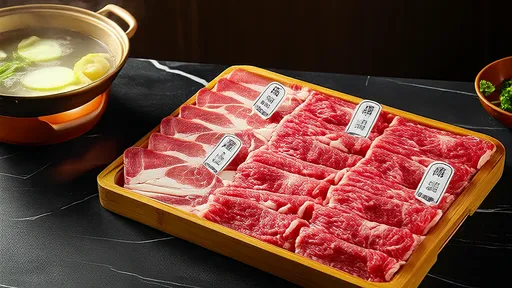
By /Aug 13, 2025

By /Aug 13, 2025

By /Aug 13, 2025

By /Aug 13, 2025

By /Aug 13, 2025
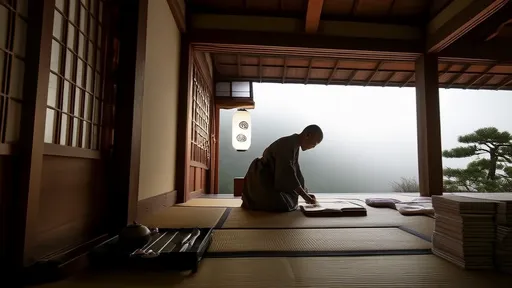
By /Aug 13, 2025

By /Aug 13, 2025

By /Aug 13, 2025

By /Aug 13, 2025
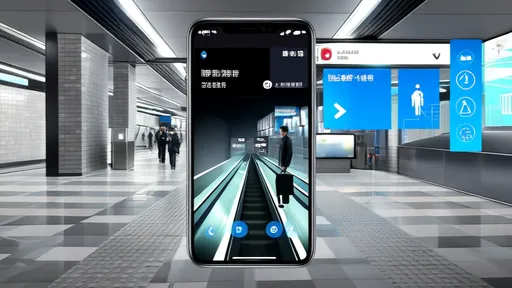
By /Aug 13, 2025
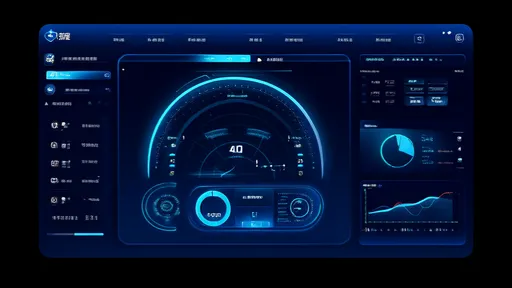
By /Aug 13, 2025
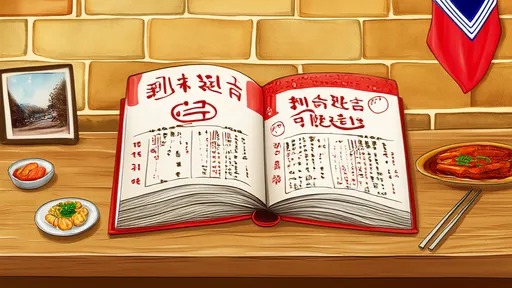
By /Aug 13, 2025

By /Aug 13, 2025